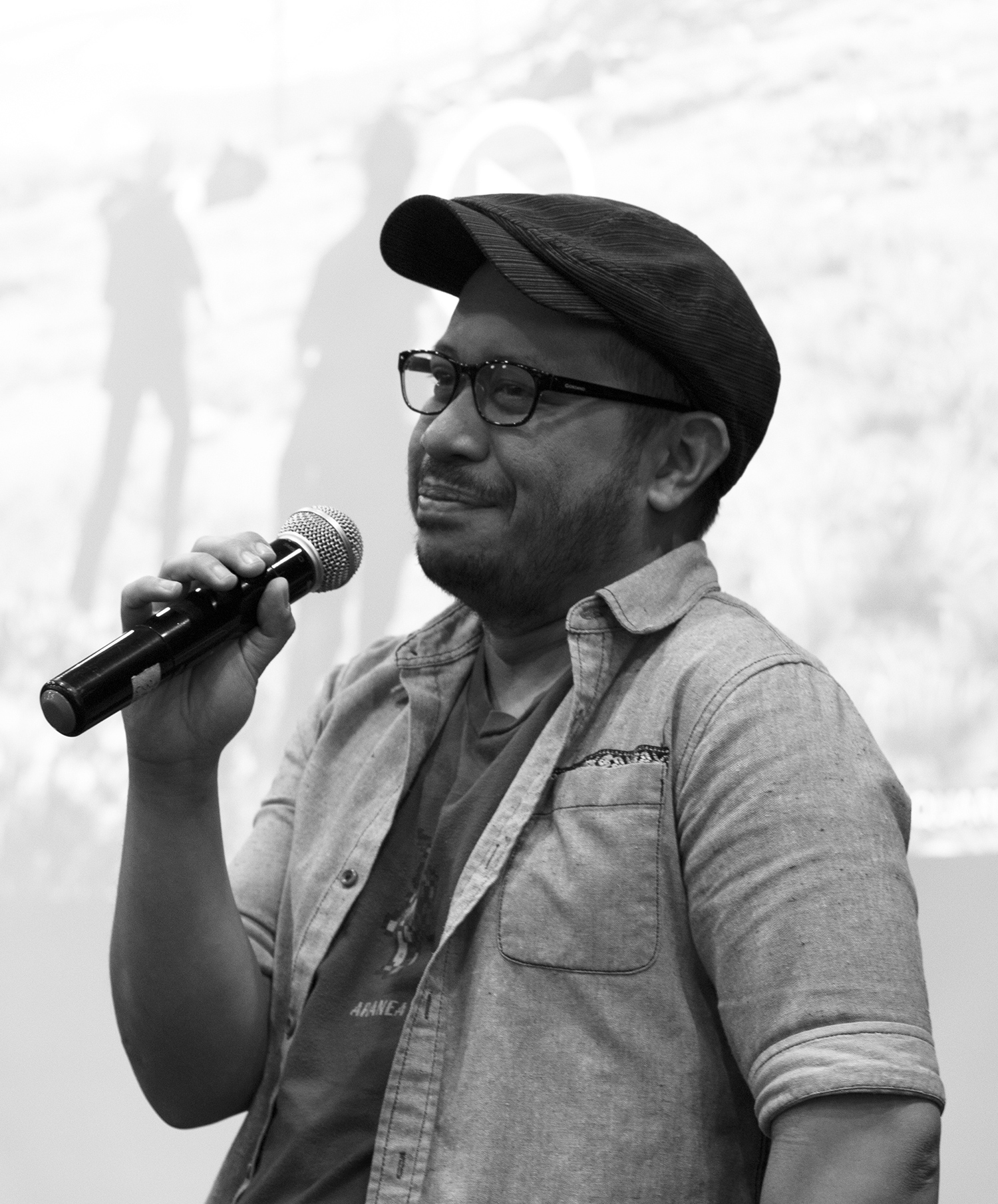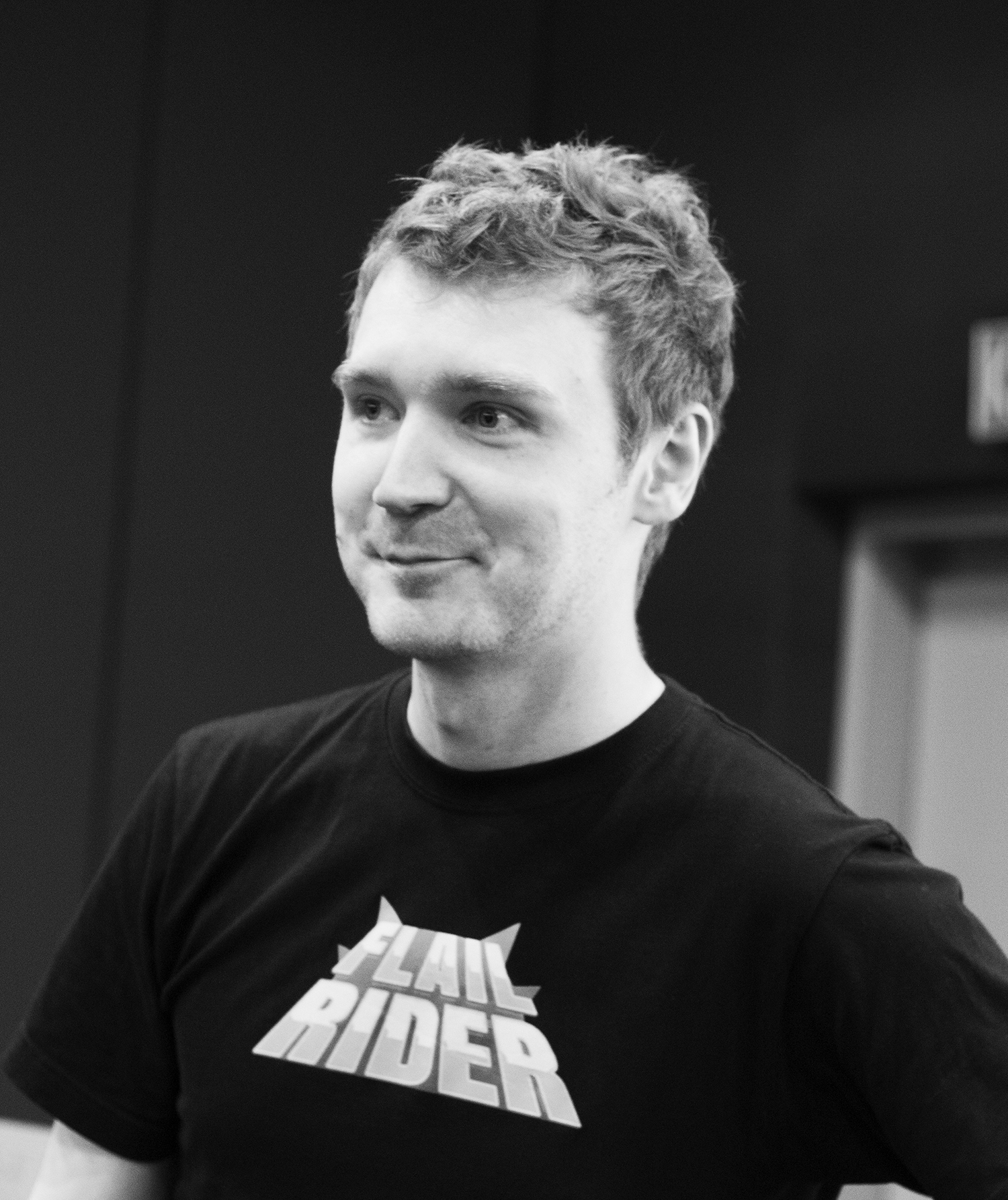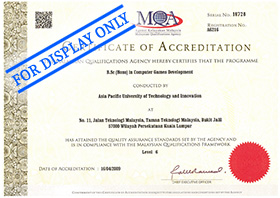You are here
Bachelor of Science (Honours) in Computer Games Development

|
|
|
APU-DMU DUAL DEGREE PROGRAMME |
ADMISSION REQUIREMENTS
GENERAL REQUIREMENTS | |
| DIRECT ENTRY TO LEVEL 1 OF THE DEGREE: | |
| STPM | • 2 Passes in STPM with minimum Grade C (GP 2.0) in any subject with a Pass in Mathematics at SPM.
|
A-LEVEL | • 2 Passes in A-Level and with a Pass in Mathematics at SPM/O-Level/IGCSE or equivalent.
|
| UEC | • 5 Grade B Passes in UEC in any subjects including a Pass in Mathematics.
|
FOUNDATION/ | • A pass in Matriculation or Foundation studies with minimum CGPA of 2.0 with a Pass in Mathematics at SPM/IGCSE/O-Level or its equivalent. |
| DIRECT ENTRY TO LEVEL 2 OF THE DEGREE: | |
| ICT RELATED DIPLOMAS | • Diploma with a minimum CGPA of 2.0 and a Pass in Mathematics at SPM/IGCSE/O-Level or its equivalent. |
Any qualification that APU accepts as equivalent to the above.
| ENGLISH REQUIREMENTS | |
INTERNATIONAL STUDENTS | • IELTS : 5.5 |
PROGRAMME OUTLINE
This programme is specifically designed to provide students with:
- A strong foundation in game development principles, incorporating technical, creative and artistic perspectives.
- A tailored pathway in either Game Art or Game Programming to align with students’ interests, career aspirations and the needs of the video games industry.
- Hands-on group projects simulating professional studio environments to enhance teamwork, project management skills and understanding of game development workflows.
- Exposure to current tools, technologies, and practices to ensure the students are well-prepared to meet the needs of this rapidly growing multi-billion-dollar industry.
DEGREE LEVEL 1 |
Students will be exposed to the fundamental knowledge, practices, terminologies and workflows of the game development industry ranging from game art, game design and game technology (programming). In this first year, students will also acquire the basic technical skills in video games depending on their chosen area of specialisation. They will also develop personal and organisational skills, as well as nurture creativity and innovation.
COMMON MODULES | |
|
|
SPECIALISED MODULES - GAME ART TRACK | |
|
|
SPECIALISED MODULES - GAME TECHNOLOGY TRACK | |
|
|
DEGREE LEVEL 2 |
In-depth technical skills, understanding of pipelines and workflows will be introduced here. Students will also be trained to work in groups simulating a studio project environment with the task of producing a workable video game concept and product. Nurturing their creativity and innovation as well as independent learning is emphasised to prepare them for the workplace.
COMMON MODULES | |
|
|
SPECIALISED MODULES - GAME ART TRACK | |
|
|
SPECIALISED MODULES - GAME TECHNOLOGY TRACK | |
|
|
INTERNSHIP (16 weeks) |
Students will undertake an Internship/Industrial Training for a minimum period of 16 weeks to prepare them for a smooth transition from the classroom to the working environment.
DEGREE LEVEL 3 |
Students will make use of their previous studies and industrial experience to extend their familiarity in the field of game development and to refine their personal and professional development. Students will move further into advanced techniques in their chosen area of specialisation. A final year project requires them to investigate and develop their portfolio, and they will be given an opportunity to demonstrate their ability to combine technical knowledge, teamwork, critical thinking and analytical skills to produce a game development prototype. They will also be given an opportunity to take electives that will expand their skillsets to technical arts, technical design or even game design.
COMMON MODULES | |
|
|
SPECIALISED MODULES - GAME ART TRACK | |
|
|
SPECIALISED MODULES - GAME TECHNOLOGY TRACK | |
|
|
ELECTIVE MODULES (CHOOSE 2) | |
|
|
MQA COMPULSORY SUBJECTS* |
|
|
(*All students are required to successfully complete these modules as stipulated by the Malaysian Qualification Agency.) | |
CAREER OPTIONS:
GAME TECHNOLOGY
|
|
GAME ART
|
|
GAME DESIGN AND PRODUCTION
|
|
GAME DEVELOPMENT @ APU
Game Development is the processes, techniques, theories and practices related to the creation of predominantly digital games but can also extend to non-digital games as well as game-based applications. It is a process that involves a combination of multi-disciplinary sets of knowledge and skills ranging from programming to psychology; and from artistic flair to business acumen. The game development process may involve just a single individual or a team of people working for a large development studio.
Game Development is a fusion of three major disciplines, namely Game Technology, Game Art and Game Design. The industry can also be expanded to a broad umbrella of serious games, educational games and table-top games.
Our Success Stories, Our Pride in the Computer Games industry.
| Wan Hazmer - Ex-Lead Game Designer of Final Fantasy XV, Square Enix and Founder, CEO and Game Director at Metronomik Sdn Bhd |
| Jussi Pekka Tuomi - Developer of Flail Rider and Super Flail Rider |
To view the facilities provided for Game Development, click HERE.
LEARN ABOUT THE WORLD OF VIDEO GAMES


HERE ARE SOME NOTABLE INTERNATIONAL GAMES STUDIOS IN MALAYSIA

Codemasters Studios is one of UK’s largest independent games developer. They established a Kuala Lumpur Studio in 2006. In 2021, they became proud members of the EA SPORTS™ family.
Streamline Studios is an independent US/Dutch outsourcing and game development studio that established a KL presence in 2010. Their art outsourcing projects include Final Fantasy XV and Street Fighter V to name a few.
Bandai Namco is a Japanese multi-national video game developer and publisher which established their Malaysian Studio in 2016. Bandai Namco is famous for games such as Tekken, Soulcalibur and Dark Souls.
Larian Studios is an independent video game developer and publisher founded in Belgium. It is the studio behind award-winning RPGs in the Divinity universe as well as Baldur's Gate 3, the best-selling game on both Steam and GOG.com on the day of its early access launch. Larian
opened its Malaysian office in 2021.
Double Eleven is a British video game developer and publisher. In 2021, Double Eleven opened their first studio outside UK right here in Kuala Lumpur. The studio worked on games such as Rust, Minecraft Dungeons and good simulator.

COURSE FEES
Malaysian Students | International Students |
Year 1: RM 32,900 | Year 1: RM 33,600 (USD 7,815) |
* Fees stated here do not include Deposits and other Miscellaneous Fees. Please refer to Fee Guide for details.
MQA ACCREDITATION
(R3/0211/6/0042)(08/30)(A6216) |
Multimedia & Game Development Degree Programmes |





